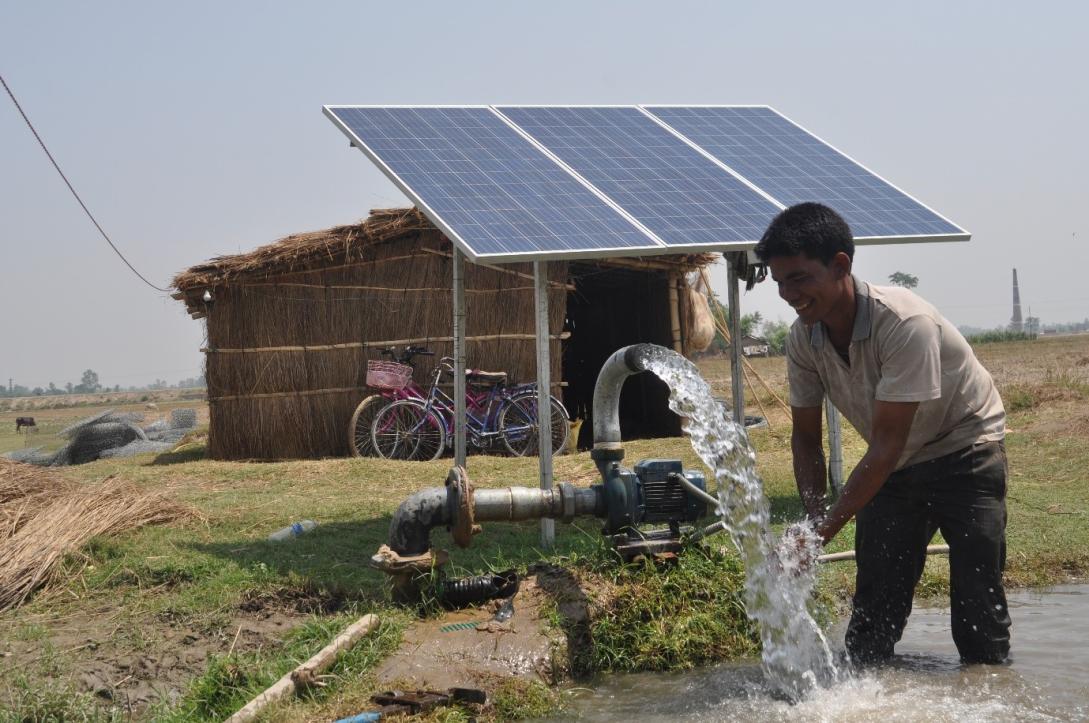Green Recovery and Empowerment with Energy in Nepal (GREEN)

|
The promotion of renewable energy (RE) and energy efficiency are priorities of the Government of Nepal to ensure reliable and affordable clean energy for all households in Nepal. However, RE projects are still heavily reliant on public subsidies which has a negative impact on projects’ sustainability and results in limiting the impact on the mobilisation of domestic and international private capital in RE promotion. In terms of EE, the responsible government institutions and private sector still lack awareness of the economic and environmental benefits of EE and circular economy principles. Markets for EE technologies and services are hardly developed due to inadequate financing and policy frameworks. Improved market conditions and an investment inducing environment for the private sector is necessary to reduce the dependency on government subsidies and to mobilize private sector investment in the promotion of RE and EE in Nepal. In this context, GREEN aims to increase the sustainable generation and consumption of energy in the public and private sectors of Nepal. The Action addresses both the promotion of RE for electricity generation and increased energy access as well as EE practices in industries and enterprises. GREEN is co-funded by the European Union (EU) and the Federal Ministry of Economic Cooperation and Development (BMZ). GIZ has been commissioned to implement it in cooperation with the Ministry of Energy, Water Resources and Irrigation, Nepal as part of the Renewable Energy and Energy Efficiency Programme (REEEP). Expectations/promise (what would happen if? What if?) The Action seeks to achieve the following objectives:
Industries and enterprises with significant energy saving potential are supported to carry out energy audits and implement energy efficient and decent work practices through grant support mechanism. Based on the benefits of grant supported measures, a loan-based investment mechanism for EE shall be conceptualized.
On the supply side, innovative RE technology projects in the government managed challenge-fund are supported with technical and financial assistance, and on the demand side, loans for RE technologies are made available to end users in rural and semi-urban areas. Solution To achieve its objectives, the project works closely with a varied set of stakeholders including energy-intensive public and private industries and enterprises, end-users of renewable energy technologies, and financial institutions to carry out its activities including the following:
|
PRACTICAL INFORMATION
Mr. Frank Boemer
Programme Manager (AV), OE 2A00
Renewable Energy and Energy Efficiency Programme (REEEP)
Deutsche Gesellschaft für Internationale Zusammenarbeit (GIZ) GmbH
PO. Box 1457
Kathmandu, Nepal
Tel.: +977 1 5538129, 5551711





